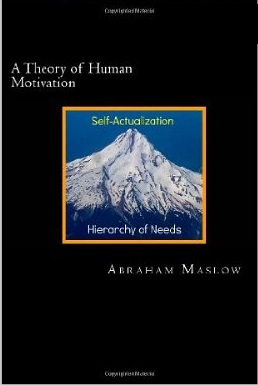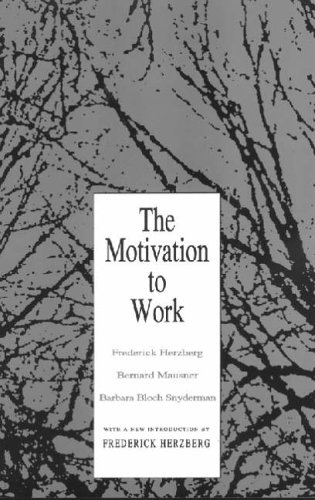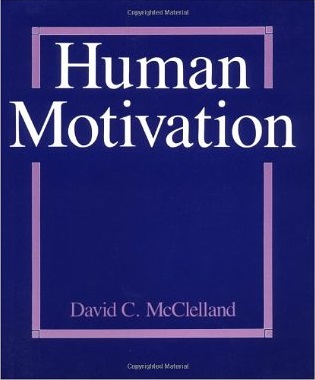 |
 |
Motivation |
 |
| |
The set of
reasons that determine a person to engage in a particular behaviour or
course of action.
Various factors
might act as motivators:
-
To obtain
essentials (food, drink, shelter, rest)
-
Minimise pain
-
Maximise
pleasure
-
To achieve a
desired object or goal
-
Altruism /
morality / immortality
(One is reminded
of Maslow's Hierarchy of Needs.)
|
|
|
HERZBERG'S
THEORY OF MOTIVATION
Frederick
Herzberg proposed a theory of motivation that differentiated between
"Motivating Factors" and "Hygiene Factors".
Hygiene factors
do not motivate (of themselves) but if they are absent they can result
in de-motivation. (The name derives from the fact that hygiene
does not make you healthier � but its absence can cause deterioration in
health.) Under normal circumstances, they include basic needs such
as:
-
being
adequately "fed and watered"
-
working
(studying) in a safe environment
-
status
-
security (of
job or role)
-
adequate
remuneration
Motivators, on
the other hand, when appropriately introduced, can spur individuals (or
teams) to make greater efforts. They include:
|
|
| |
CARROTS & STICKS
When considering
motivation, most of us would immediately think of offering incentives or
rewards (although the thoughts of some might conceivably concern the use
of punishment as a disincentive.)
These work by establishing an
association between the desired behaviour and the reward being offered
(do Pavlov's dogs spring to mind?) and hence will work most effectively
when the reward is actually awarded (rather then merely being promised.)
It has been suggested that the more immediate the reward the more
effective it is.
(Relating
this back to Herzberg's theory, one might suggest that the absence of
"the stick" is a "hygiene factor" rather than a "motivator".)
The ability to
work towards goals that are distant (without necessarily involving an
immediate reward) is known as "deferred gratification" and is quite a
sophisticated "ability".
|
|
| |
GOAL SETTING
In order for
goal to be an efficient motivator it needs to be:
-
Specific
(clearly defined & intelligible to the candidate)
-
Appropriate
level of difficulty/challenge (neither too hard or too easy)
-
Close at hand
time-wise (generally - the nearer the better)
TWO TYPES OF
REWARD
Extrinsic (those
that come from "outside" the individual) - such as money, food, praise
(and one might also include the absence of: punishment.)
Intrinsic (those
that are generated from within the individual) - such as a sense of
satisfaction (the "feel good factor") that comes from accomplishment or
mastery of a skill.
David McClelland
proposed a theory of Need Achievement
-
Need to
achieve (does this relate to Maslow's "self actualisation"?)
-
Need for power
(which may explain why �mastery� is such an incentive - because of the
need to be �in control� of the skill / subject.)
-
Need for
affiliation (to �belong� � to a family or group. Also relates to
Maslow.)
|
|
| |
References:
Maslow, A H (1943) �A Theory of
Human Motivation.� Psychological Review 50 pp 370-396
Herzberg, F (1959) "The Motivation to Work." New York; John Wiley and
Sons
McClelland, D (1987) "Human Motivation." Cambridge; Cambridge University
Press
|
|
| |
|
|
| |
 |
A
Theory of Human Motivation
Abraham Maslow
<
Click here to buy on Amazon |
 |
The
Motivation to Work
Frederick Herzberg
<
Click here to buy on Amazon |
 |
Human Motivation
David McClelland
<
Click here to buy on Amazon |
|
| |
|
|
|
|
|
|
|
| |
Useful websites
Herzberg
McClelland
|
|
| |
|
|
|
|
|
|
|